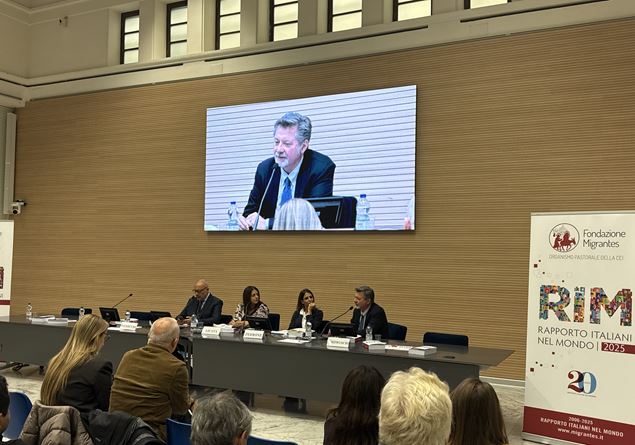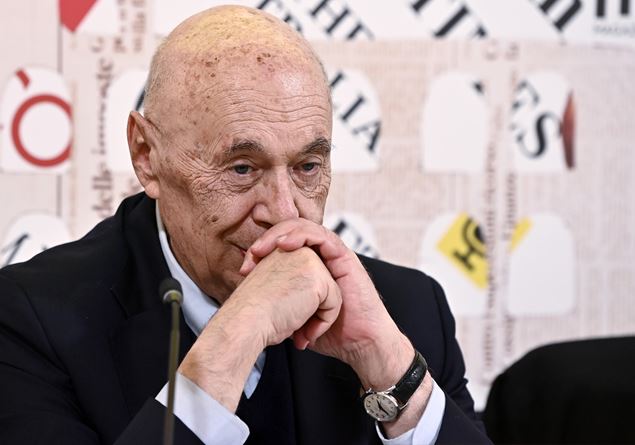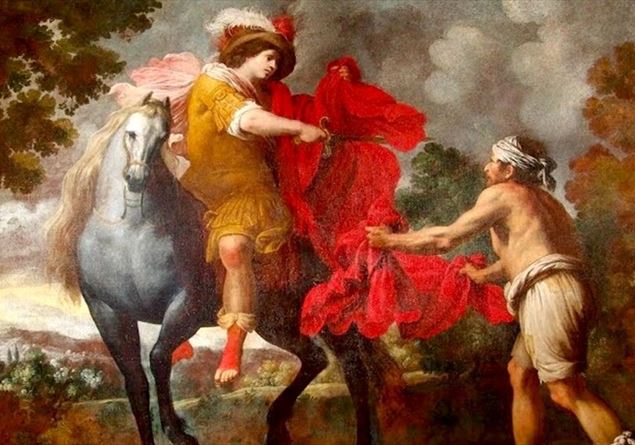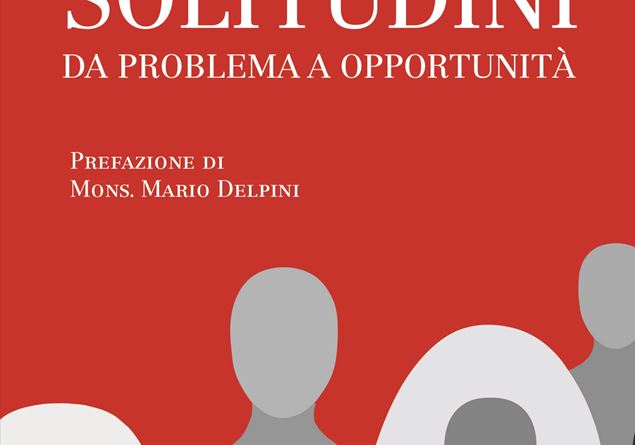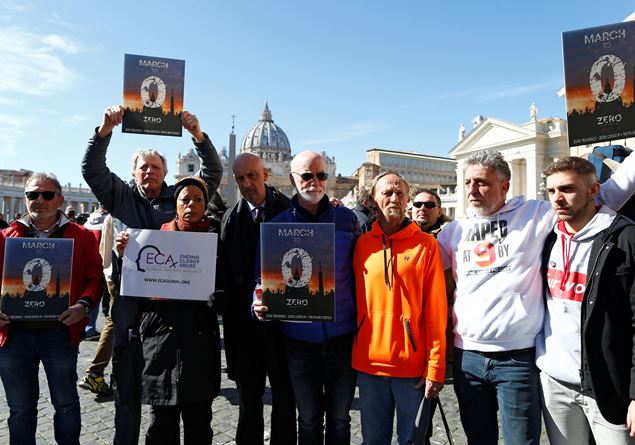Let’s not delude ourselves, the journalist and historian Paolo Mieli warns us with the realism of journalists and the disillusionment of historians: they were 80 years of peace in the West, but elsewhere on this planet (in Africa, Asia, South America and Central America) there have been more conflicts and victims than in the Second World War. In short, things of the other world where things are wars. The problem is that the other world has not copied us, indeed it is we who are going to him. After the Cold War (which, moreover, from Korea to Vietnam, has procured millions of deaths) and discolored the paint of ideologies, shoned under the cracking almost everywhere the cement of the unshakable geopolitical logic: the conflicts for the borders, the tensions between peoples, ethnic cleaning, commercial diatribes, autocracies, dictatorships, the arbitration of power, the arbitration of power, the arbitration of power. Paralysis of diplomacy, the end of humanitarian law.
Other than the end of the story. Each conclusion of a conflict leaves open problems that end up triggering a new one. Wasn’t it like this with the First World War? It is the red thread of the last work of Mieli (The price of peaceRizzoli), which collects a series of articles written with its usual method: the review of a book becomes an opportunity to go further and write an essay on the subject, citing other books, sources, anecdotes, curiosities, characters, in a happy intertwining that accompanies us by the hand, from trasibulus to the Armenian genocide, passing through numerous events (the Tatars, Sparta, the fascism, the resistance, the resistance) with its contradictions and its ambiguity. And the expertise and historiographic rigor of this miscellaneous with which essays and historians of the highest level on the various topics (picola known for the next reprint Gianfranco Ravasi, mentioned for a historiographic lawsuit on San Paolo, is impressive, it is cardinal, not a monsignor as repeated twice, it will also be a minutia for heaven’s sake, but appears as a disconnect note).
“Historien Le Matin, Philosophe Le soir,” March Bloch was called. Of Mieli, a pupil of Renzo De Felice, whose beautiful portrait traces, one could say “Journalists Le Matin, Historien Le soir”, with a winning combination that makes the reading pleasant and at the same time precious for us “dwarfs on the shoulders of the giants”, as Bernardo di Charas said, capable of a wide look on the horizon of current affairs thanks to the (gigantic) knowledge of the past. And since the story as well as the enemy of likely, it is a teacher of life, the conclusion is optimistic: “The inauguration of a season of peace is possible, as long as you are not looking for easy solutions, at hand. And that history is used, even the remote one, to help us clarify what has gone wrong in the years we have behind them ».
